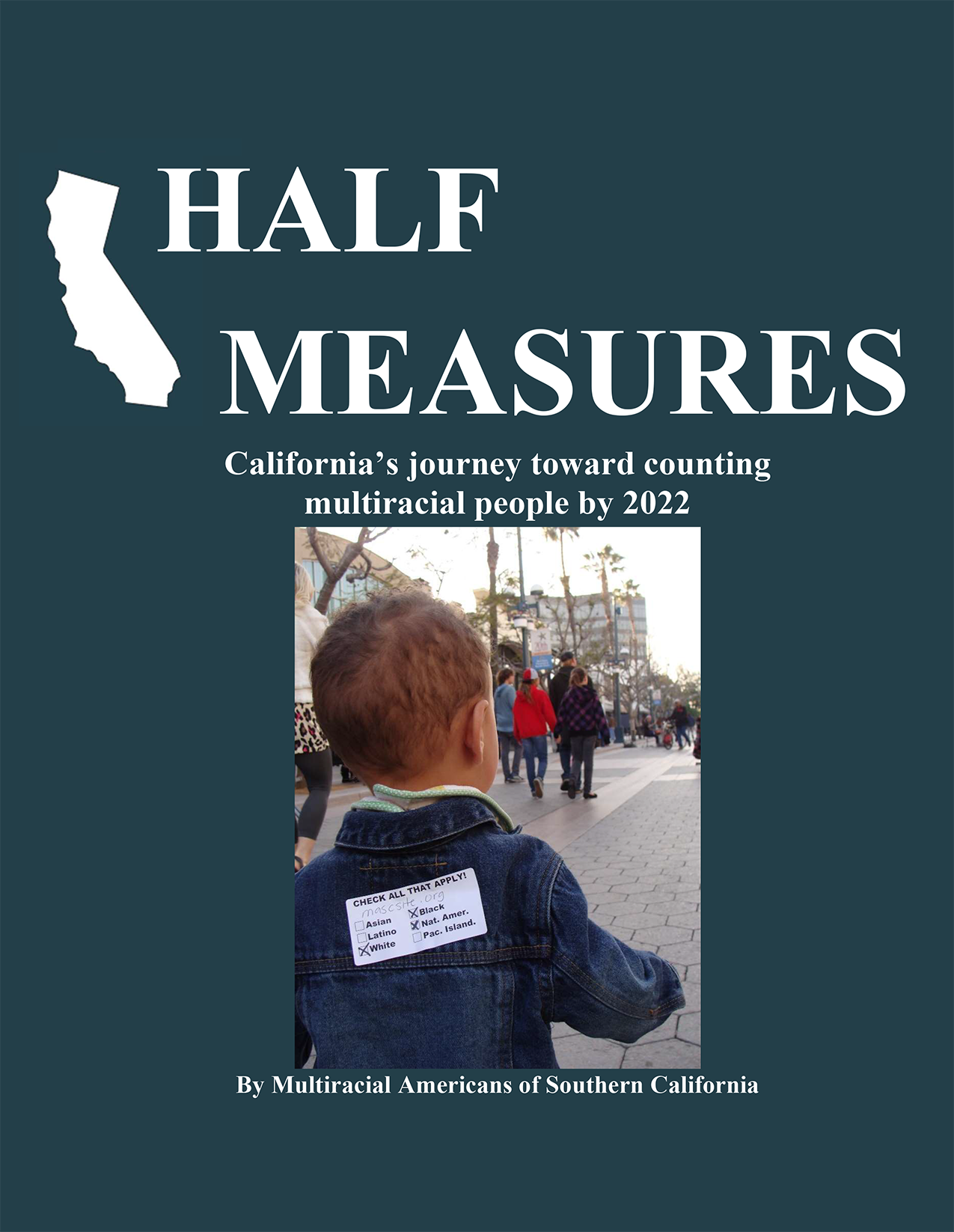“Mom, You Don’t Get It”: A Critical Examination of Multiracial Emerging Adults’ Perceptions of Parental SupportPosted in Articles, Family/Parenting, Identity Development/Psychology, Media Archive, United States on 2022-03-11 02:02Z by Steven |
Emerging Adulthood
Volume: 9 Issue: 4
pages 305-319
Article first published online: 2020-03-25; Issue published: 2021-08-01
DOI: 10.1177/2167696820914091
Annabelle L. Atkin, Ph.D., Postdoctoral Scholar
T. Denny Sanford School of Social and Family Dynamics
Arizona State University
Kelly F. Jackson, Associate Professor of Social Work
Arizona State University
Multiracial families are becoming increasingly common in the United States, yet there is a dearth of research examining how parents of Multiracial youth provide support for navigating challenges associated with being mixed race in a monocentric society. The purpose of this study was to gain a deeper understanding of the parental support strategies that Multiracial emerging adults perceived to be helpful in their own development. Twenty Multiracial emerging adults (50% female, mean age = 20.55) with diverse Multiracial heritages were interviewed about conversations they had with their parents regarding their racial experiences throughout their childhood. Critical supplementary analysis using constructivist grounded theory identified three themes of parental support (i.e., connection support, discrimination support, and Multiracial identity expression support) and informed a conceptual model demonstrating relationships between environmental context, parent characteristics, family dynamics, risks, and identity development. Findings are discussed in terms of implications for researchers and practitioners serving Multiracial families.
Read or purchase the article here.





